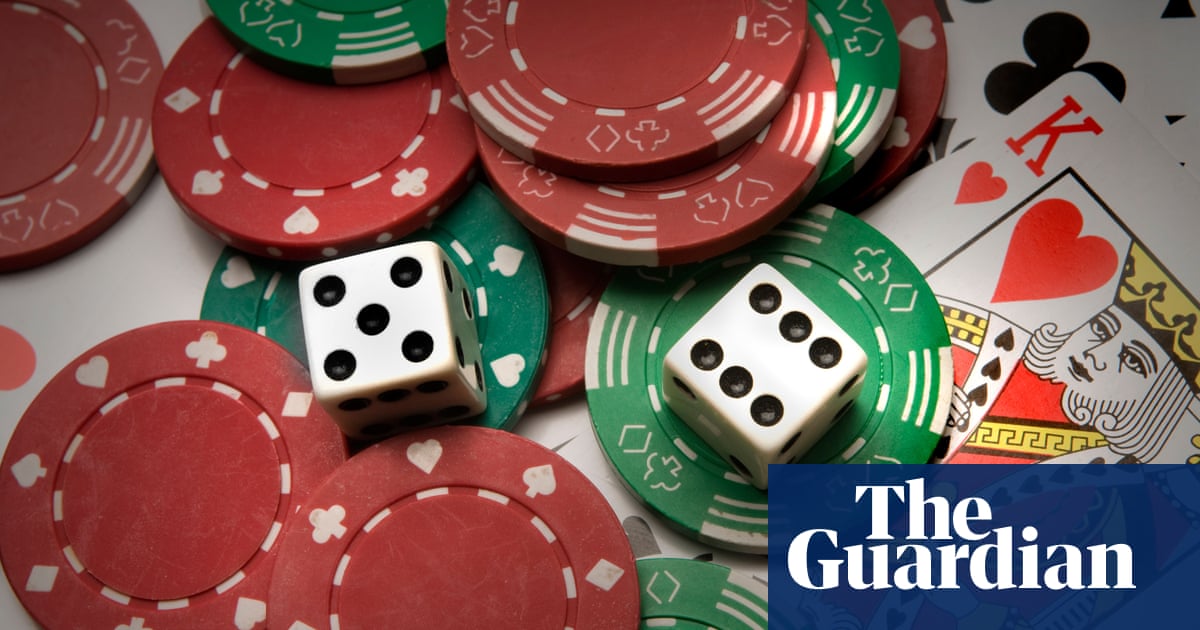Gamblers in Great Britain are betting £2.7bn a year through hidden-market websites, according to a lobby group that claims stricter regulation of the licensed sector would further fuel illegal gambling.
The Betting and Gaming Council (BGC) published a study estimating that 1.5 million British people placed bets with an illicit industry that was easy to find and already commonly used.
The estimate, from a report commissioned by the BGC and written by Frontier Economics, represents about 2% of the £128bn wagered last year with licensed online gambling firms.
But the BGC said the figure, which refers to the volume of bets placed rather than gamblers’ losses – was conservative. It said unlicensed bets could actually be worth £4.3bn – or 3% of the overall industry – factoring in in-person gambling, which included bets or poker games between friends.
“The government and the regulator risk sleepwalking into this issue,” said the BGC’s chief executive, Grainne Hurst, a former Ladbrokes executive who previously worked for the gambling advocate and former MP Philip Davies.
“Simply giving the Gambling Commission more powers and more resources to tackle the black market won’t, in itself, work. Enforcement is only part of the solution.”
Calls from “anti-gambling prohibitionists” for tougher regulation would only drive more people to illicit sites, Hurst predicted.
She cited proposals including new curbs on gambling advertising, supported by campaigners, and affordability checks that were proposed in a government white paper published last year and being tested by the Gambling Commission.
The change of government has left many of the measures put forward in the white paper in limbo and started a scramble among lobbyists, including the BGC, to influence the government’s next steps.
Labour has strong ties to the gambling industry and was responsible for the liberalisation of gambling laws under Tony Blair in 2007.
But Derek Webb, a former professional poker player and entrepreneur who has emerged as the foremost financial backer of gambling reform campaigners, has donated £500,000 to Labour since the election was called in May.
Labour is yet to outline its policy on several hotly contested issues. These include a cap on digital slot machine stakes and a £100m mandatory levy on the industry to pay for research, education and treatment of people experiencing gambling-related harm. Both have been on ice since the election.
The government, which has announced a ban on pre-watershed junk food advertising, has been urged by campaigners to reverse the Conservatives’ “bizarre” decision not to consider tighter curbs on gambling advertising.
after newsletter promotion
The BGC and gambling operators have frequently highlighted the risks posed by the hidden market as an argument for erring on the side of caution over regulation of the sector.
The Gambling Commission has previously accused the industry of overstating the risks of the hidden market.
A spokesperson for the commission said its specialist hidden-markets unit was “committed to tackling unlicensed gambling in Britain”.
“Since April, the team has issued over 750 cease and desist, and disruption notices – this includes 259 […] issued to operators and 189 to advertisers,” they said. “Over that same period, the commission has referred over 78,000 URLs to Google, with 50,000 of these removed by the search engine and 221 websites taken down. This is a tenfold increase in URL takedowns in comparison to the whole of 2023-24.”
A government spokesperson said: “We recognise the impact harmful gambling can have on individuals and their families and we are absolutely committed to strengthening protections for those at risk.”

